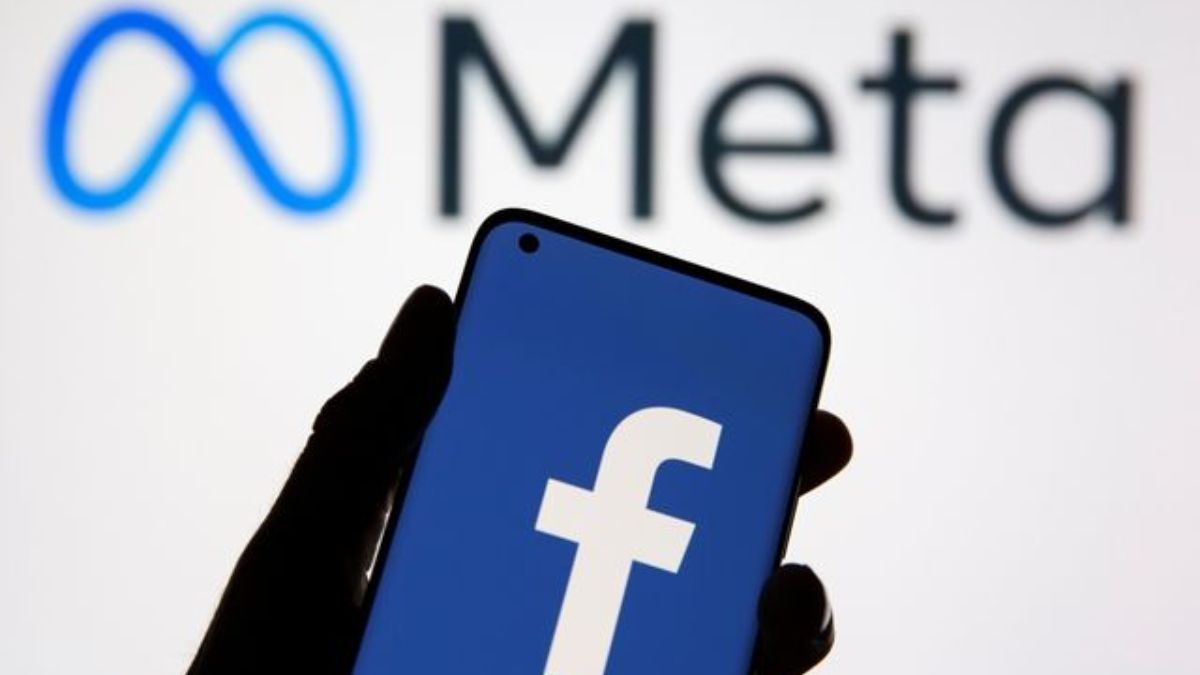Meta Platforms, the parent company of Facebook and Instagram, has taken action against Russian state-owned media outlet RT by banning it from its platforms. This move effectively removes one of the Kremlin-backed broadcaster’s largest Western distribution channels. The decision follows recent U.S. government sanctions targeting RT and related entities, accusing them of engaging in covert influence operations designed to interfere in foreign elections, including the recent elections in Moldova.
Meta announced that RT, along with its affiliated channels, has been involved in “foreign interference activity” aimed at manipulating public opinion via social media. As part of this crackdown, RT’s pages on Facebook and Instagram were made inaccessible in the United States as of early Tuesday. RT’s Facebook page had garnered over 7.3 million followers, while its Instagram account had more than 1.1 million followers. Meta has confirmed that the full ban will be rolled out globally in the coming days.
In addition to banning RT, Meta has also blocked Russian media outlet Rossiya Segodnya, which owns the RIA Novosti news wire and the Sputnik website. These measures are part of a larger strategy to limit the influence of Russian state-controlled media on Western social media platforms. The Kremlin responded to Meta’s decision by criticizing the company, stating that it would complicate any future efforts to normalize relations between Moscow and the social media giant.
The ban comes shortly after U.S. officials announced charges against two Russian nationals associated with RT, accusing them of funnelling nearly $10 million to a U.S.-based online media outlet to push covert Russian government messaging across social media. This action is part of the Biden administration’s broader campaign against what it describes as Kremlin-led disinformation efforts aimed at influencing U.S. elections and political discourse.


